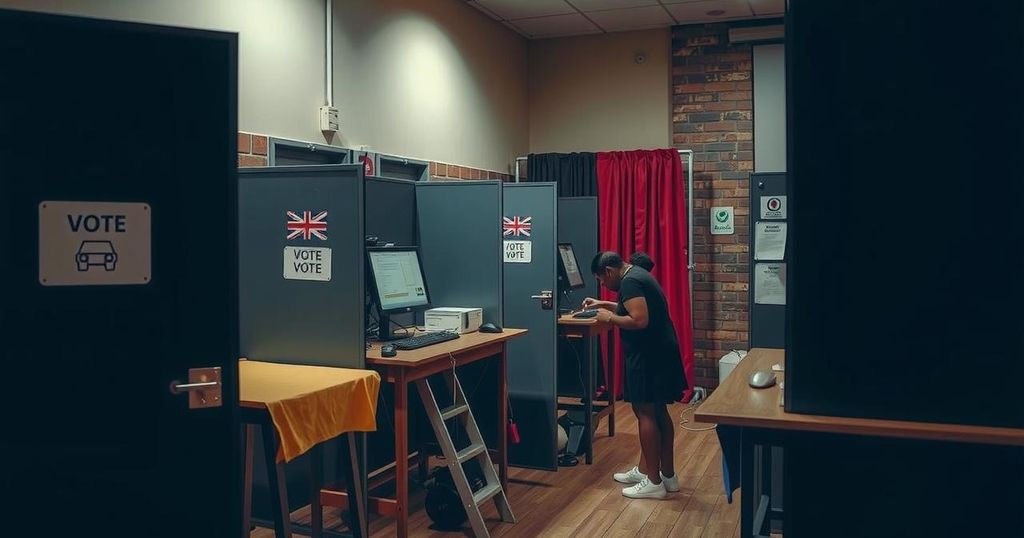Namibia Extends Election Voting Amid Ballot Shortages, Opposition Raises Fraud Claims
Namibia has extended its election voting due to ballot paper shortages, leading to allegations of fraud from the opposition. The process, which has faced logistical issues, has left many voters frustrated and waiting in long lines. This election is significant as SWAPO’s candidate has the chance to become the first female president, amidst growing discontent over economic inequality.
Namibia has extended its presidential and parliamentary election voting period into the weekend following reports of ballot paper shortages, a decision that has been met with accusations of fraud from the main opposition party, the Independent Patriots for Change. Originally set to conclude on Wednesday, polling stations will now close on Saturday evening due to logistical challenges that have left many voters unable to cast their ballots. While electoral officials maintain that the remaining ballot papers are en route, the public’s confidence appears to be waning.
Voter frustration is palpable, especially among those waiting in long lines at polling stations, such as Nangombe Shitaleni, a frustrated voter who has been unable to complete the process since Wednesday. With approximately 1.4 million registered voters in Namibia, the outcome will influence the nation’s governance for the subsequent five years. This election carries particular significance, as Netumbo Nandi-Ndaitwah, the ruling South West Africa People’s Organization (SWAPO) candidate and Vice President, could become Namibia’s first female president if elected.
Namibia’s electoral challenges arise amidst regional instability in Mozambique, where violent protests erupted following perceived electoral fraud. SWAPO has dominated Namibian politics since independence in 1990, but frustrations surrounding high unemployment and inequality have led to calls for change from an increasingly disillusioned youth population. Despite largely credible past elections that positioned Namibia as one of Africa’s stable democracies, the current circumstances may threaten the continuity and perception of its political integrity.
Namibia, formerly a German colony and later administered by South Africa, gained independence in 1990. Since then, the South West Africa People’s Organization (SWAPO) has governed the country, having emerged from a long struggle for independence. The current electoral situation reflects a critical juncture in Namibia’s political landscape, as a significant portion of the population, particularly young voters, grow discontent with economic hardships despite the nation’s upper-middle-income status. As the country prepares for a crucial election, unresolved logistical issues add layers of complexity to an already tense political atmosphere, echoing broader regional challenges faced elsewhere in Southern Africa.
The extension of the election voting period in Namibia, prompted by ballot paper shortages, has sparked concerns over electoral integrity and potential legal violations. As the ruling SWAPO party seeks to maintain its long-standing grip on power, growing discontent among voters, particularly youth facing unemployment, poses significant challenges. The outcome of the elections may not only influence the immediate political landscape but could also signify a broader shift in voter sentiment throughout Southern Africa.
Original Source: apnews.com




Post Comment